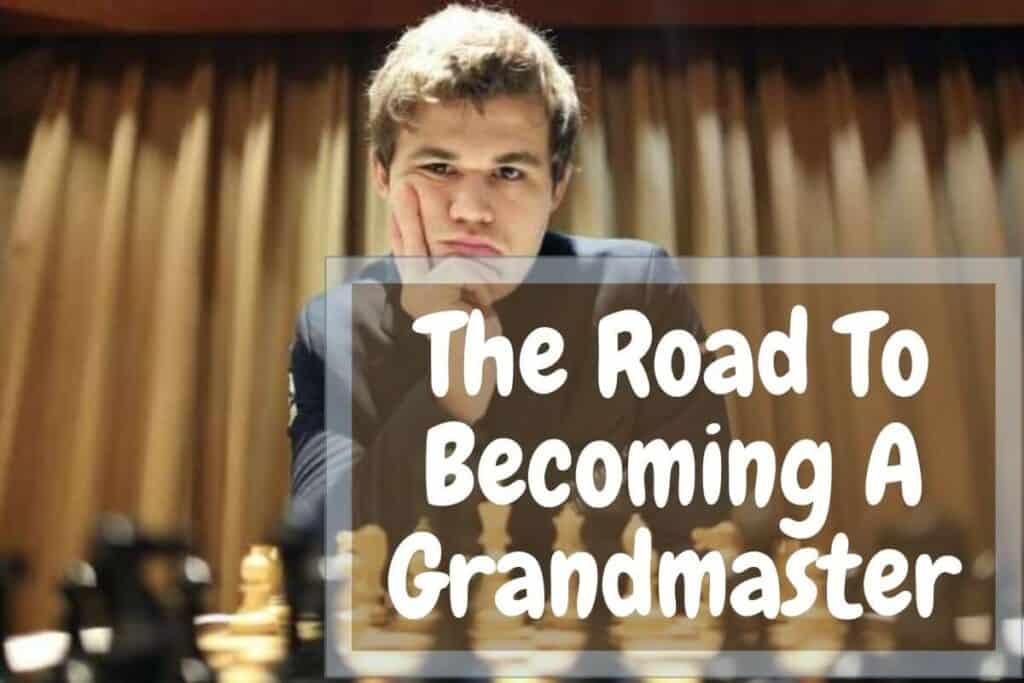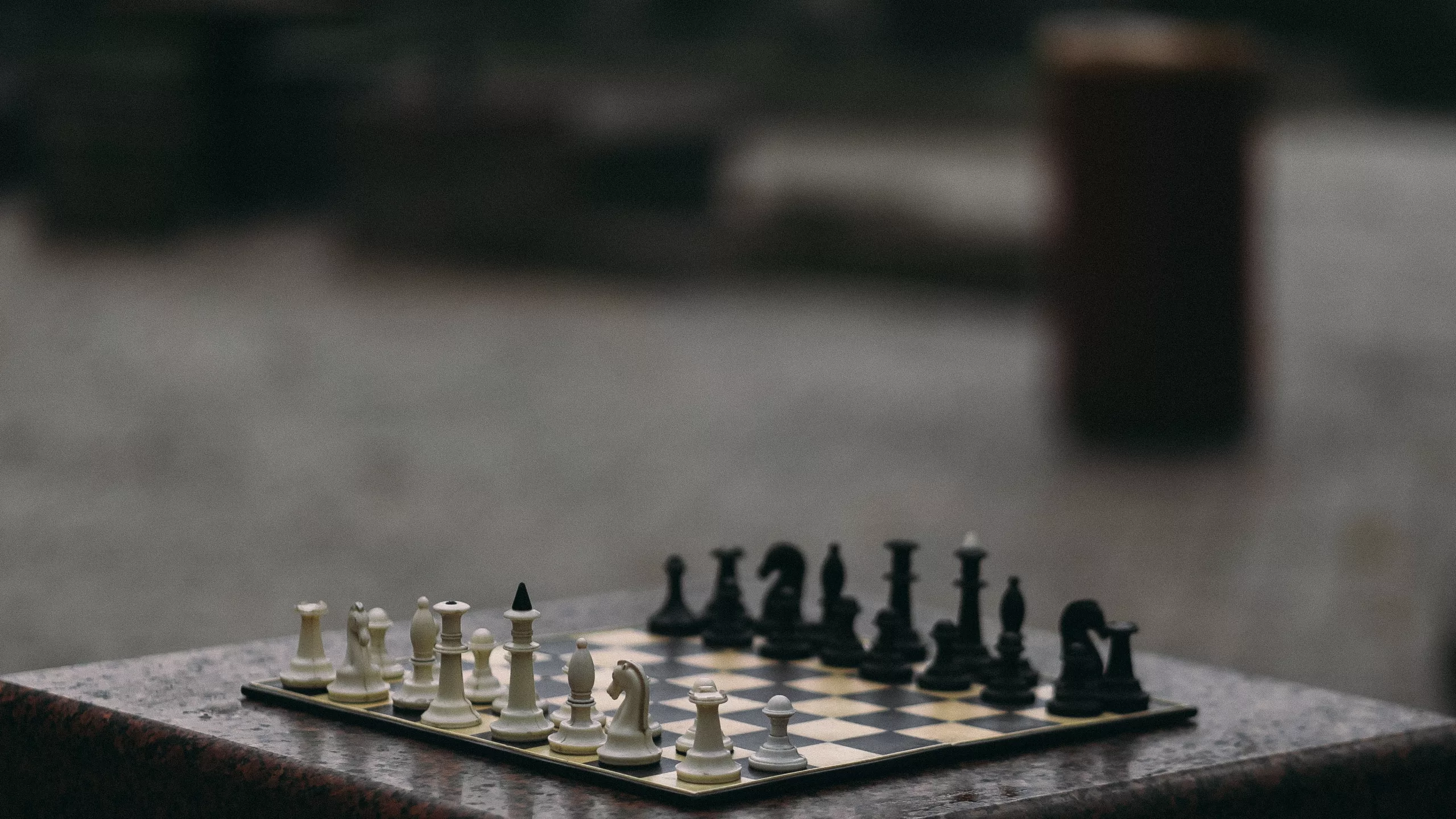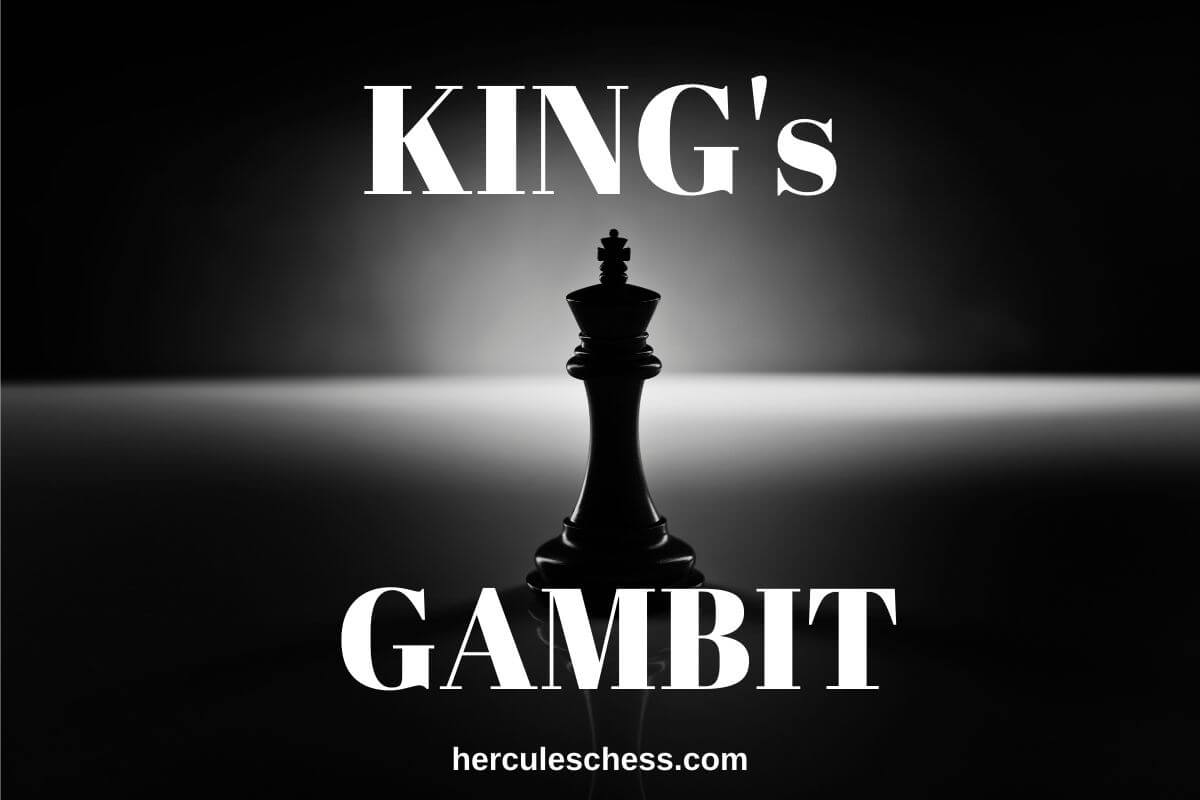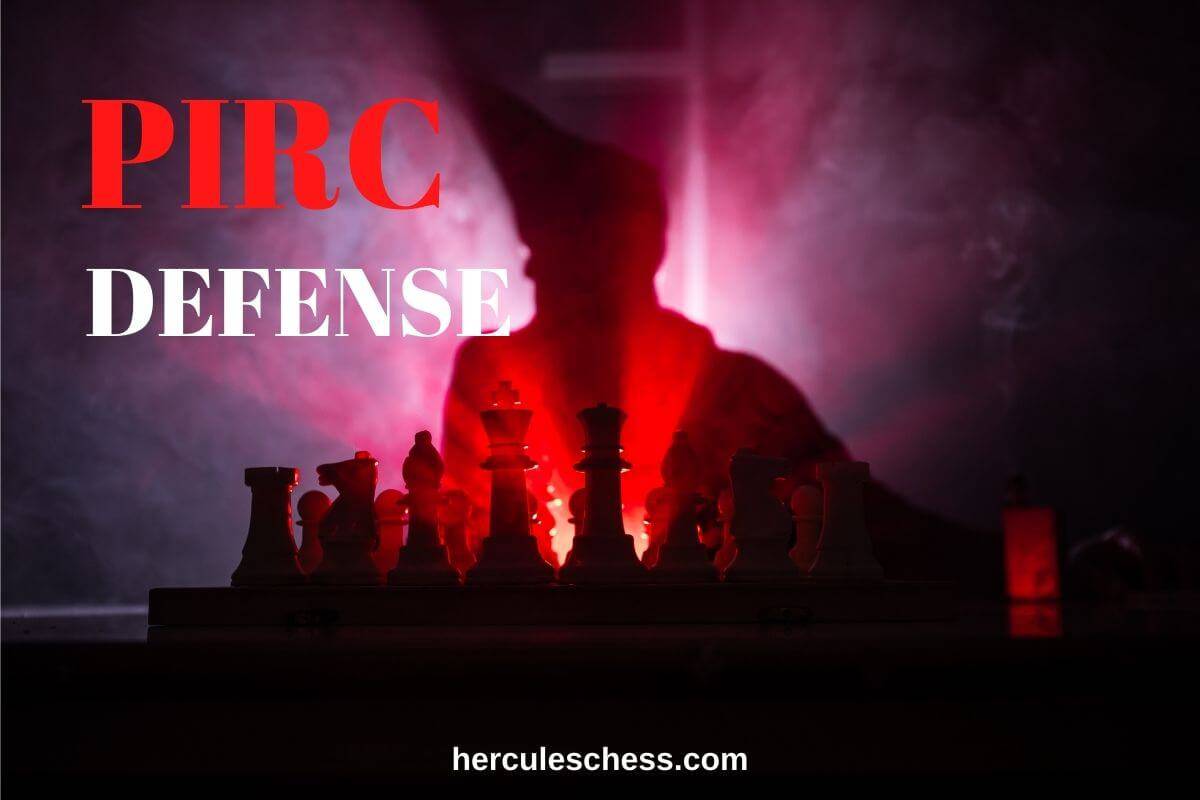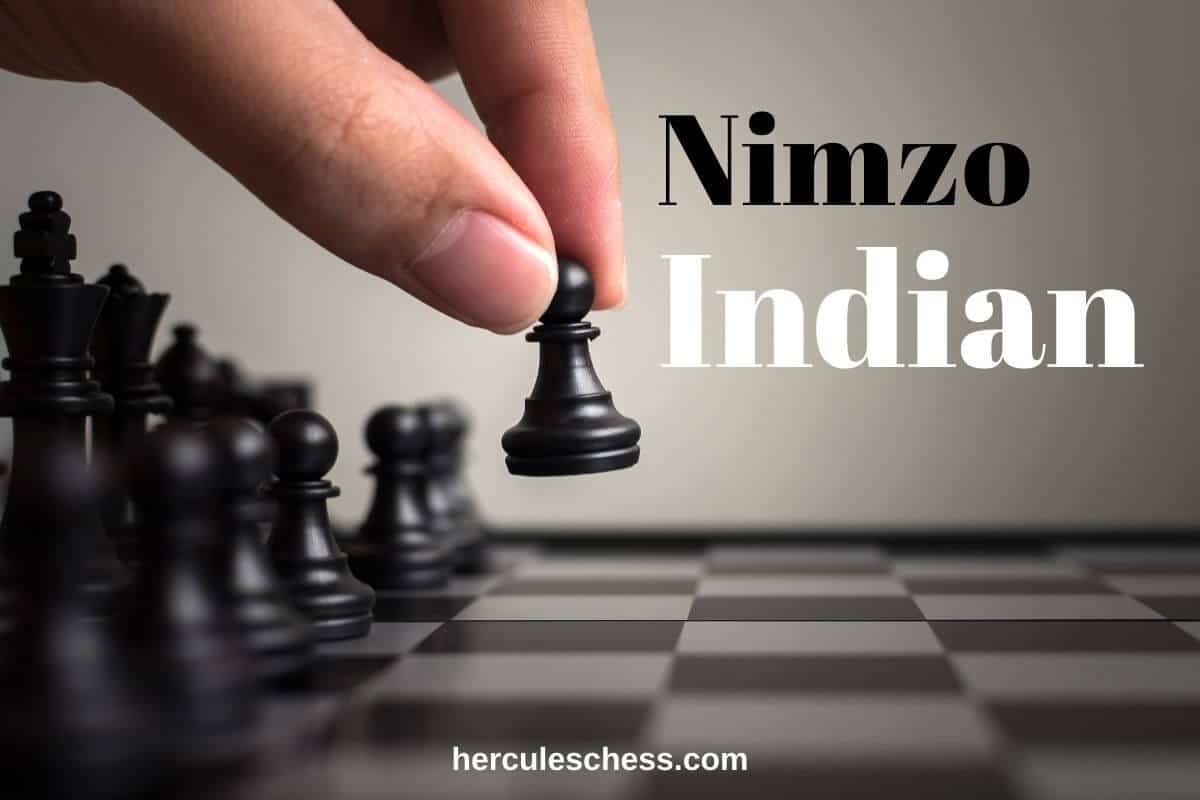- Opening preparations – You have to be an expert in this by understanding your variations and the relevant theories.
- Computational skills – Improve your computational skills, making your calculations systematic and solving the complex chess puzzles to boost your recognition of patterns.
- Endgame skills – Be sure to master this exceedingly by studying the core theoretical endgames and the practical endings.
- Focus – These persons have a professional fighting attitude.
- Psychological strength – As a matter of requirement, you have to develop a never-give-up attitude by placing the right mindset to conquer your games.
To earn a chess title, particularly that of the grandmaster title, you really have to struggle. Very few people succeed in this to the extent of getting to Bobby Fischer.
Many people put in the necessary effort but do not attain higher Elo ratings. That’s because it calls for really hard work to obtain a chess title.
At present, well over 800 million chess players exist in the world. Only 1,500 of them, unfortunately, attain the grandmaster levels. Further to that, only a paltry 0.3% of those registered by the FIDE hold the grandmaster title.
Other than that, most of these chess players ever hope of becoming grandmasters. This begs the question:
- What are the pre-requisites for attaining the grandmaster title?
- What qualifications do a grandmaster ought to have?
- What are the necessary chess skills for playing at the grandmaster level?
There is a great debate out there as to what qualifications exactly a chess grandmaster ought to possess. As a result of this, we develop and dedicate this article to answering the fundamental question: “What is a Chess Grandmaster?”
Current regulations to become a chess grandmaster
This title is generally awarded to the chess players by the World Chess Organization, FIDE. Other than attaining the World Chess Champion title, the grandmaster is also the highest title a player can attain.
Some other official titles that are conferred by the FIDE are the International Master (IM), FIDE Master (FM), and Candidates Master (CM).
Many chess players normally make use of the unofficial title “Super Grandmaster” in reference to the best chess players in the world that have an ELO rating of over 2,700.
As soon as a player attains the chess grandmaster, he holds this title forever. A woman grandmaster title that has lower requirements also exists. The grandmaster is nonetheless open to both men and women.
To attain the grandmaster title, the chess players ordinarily have to achieve the same from internationally-rated tourneys. Such a player has to fulfill the following criteria:
- No less than 9 games in the tourney. Some few exceptions that are stipulated in the FIDE handbook exist though.
- Play against no less than two players from a foreign chess federation other than his own. Yet again some few exceptions that are stipulated in the FIDE handbook exist though.
- Not fewer than half of the opponent’s players have to be titled, players. Over and above that, no less than one-third of those opponents have to be chess grandmasters.
- Each opponent must have a minimum rating of around 2,380.
- The performance of each player who wishes to attain the GM-norm title has to be no less than 2,600.
The five criteria are by far the most significant ones you have to meet to attain the 1 GM-norm level. Quite a few additional regulations exist in the FIDE handbook.
In order to achieve the grandmaster title, each player often has to garner 3 GM-norms, with some limited exceptions yet again.
Other than that, the FIDE rating of such a player has to surpass the 2,500 ratings at one point or another to qualify to be a chess grandmaster.
Apart from the small details above, it is generally not easy to attain the grandmaster title. The example below illustrates this:
You have to score at least 7 points in 9 games to attain a performance rating of 2,600 or more in case the ratings of your opponents are 2,800.
Related post: How to think like a grandmaster
The Youngest Chess Grandmasters Ever
At present, the record for the youngest ever grandmaster is held by Sergey Karjakin who is the former World Chess Championship contender. He attained this feat at the tender age of 12 years 7 months.
Coming in next is Nodirbek Abdusattorov who hails from Uzbekistan. He attained this feat at the age of 13 years and 1 month. Closing the third spot is Parimarjan Negi who did it at the 13 years and 4 months.
The ‘World Chess Champion Magnus’ Carlsen was a paltry 5 days older than Negi when he attained the grandmaster title. He is thus the fourth-youngest grandmaster in the world.
Skills needed to become a chess grandmaster
Many skills and attitudes are necessary to attain this title. Here are a few of those:
1. Opening preparation
These professionals often play a number of openings or at the very minimum a few lines within the opening system. They also double up as absolute experts in the field they operate in. Generally, they have a firm grasp of the typical plans, tactical patterns, and ideas in their openings. Further to that, they also memorize many theories, analyze their lines deeper, and often have a grasp of their openings till the middle or end games.
2. Calculation skills
Without proper calculation skills, it is almost impossible to play a great game of chess. That is due to the concrete nature of the game that intensifies as you progress. If you want to engage in a higher level of playing, you have to move beyond general concepts. To do this, you will have to possess excellent calculation skills. By improving your calculations such as looking out for forced moves like captures first or checks, you get to make your calculations systematic. That way, you will also be capable of making faster and more precise calculations.
3. Endgame skills
The grandmasters usually outplay their weaker opponents in the endgames. Many club players have this ingratiated notion that by making use of reduced materials, it is a lot easier to play. Nothing could be further from the truth. Instead, the grandmasters are way very familiar with the most critical endgames as well as loads of essential endgame principles. Other principles include the “Cutting off the King,” “Plus-equal mode,” and “Don’t hurry.”
4. Focus
Needless to say, you need to focus on the game the whole time. Most people, however, get out of the board before the conclusion of the games or focus their attention on friends. If there be any hope of competing with the high-level players, one has to possess a fighting attitude. In addition to that, you also require lots of dedication at home. This includes a clear study program and lots of hard work.
5. Psychological strength
As you journey to become a grandmaster, you will ordinarily suffer many defeats. You may be closer to the GM-norm and lose it out in the last round. This is definitely annoying. Very few people can cope with it. This calls for a never-give-up attitude.
6. Money
In closing, you also need lots of money. This money is necessary for great chess books, chess software, and the chess DVD series. Also, you have to compensate strong chess coaches not to mention the high transport costs to the tourneys that are far off. This of course demands a significant financial resource base and time.
Train your way to grandmaster status
Lots of varying skills are necessary to attain the chess grandmaster status. The regulations of FIDE make the attainment of such kill levels tougher. Adding to that is the extremely challenging training aspects of chess training. Every journey begins with a single step, nonetheless. Would you wish to attain some deep insights into the grandmaster play by someone who is well-accomplished in the field? Get started out on “How To Analyze Your Games” by GM Igor Smirnov who has an elo rating of 2500+ (FREE of cost).
